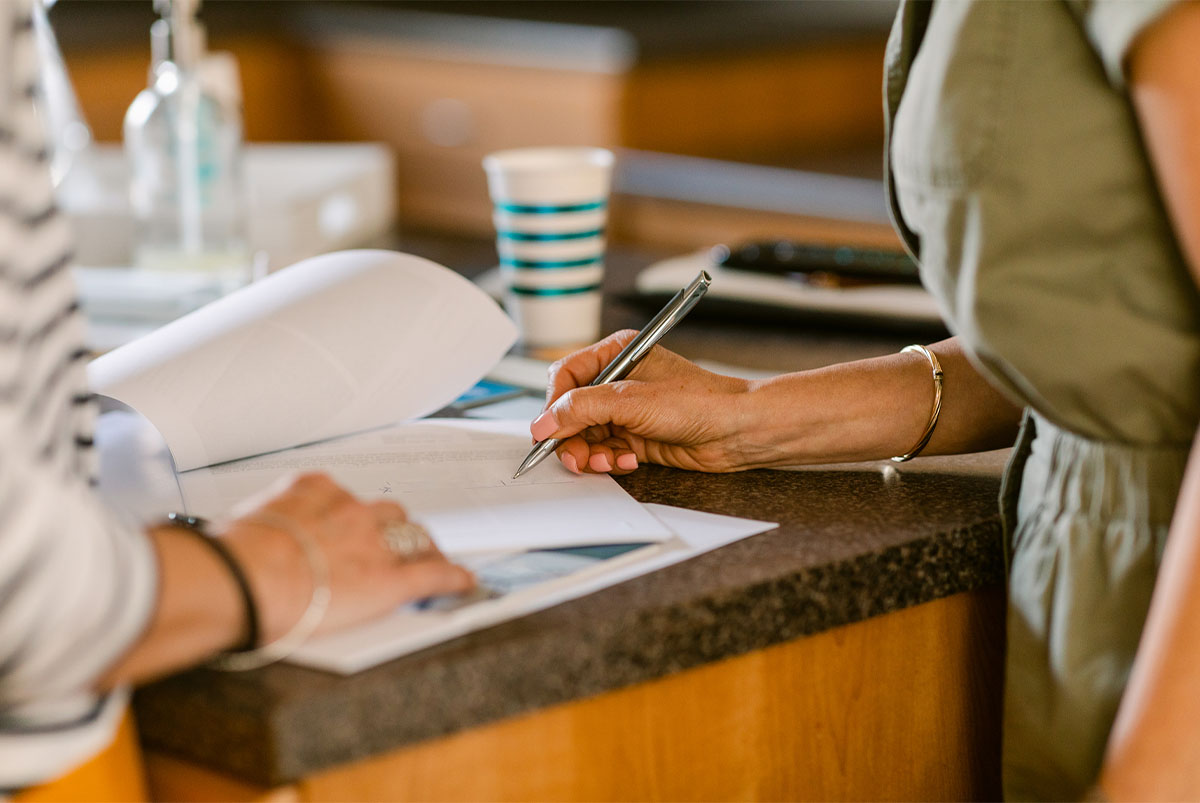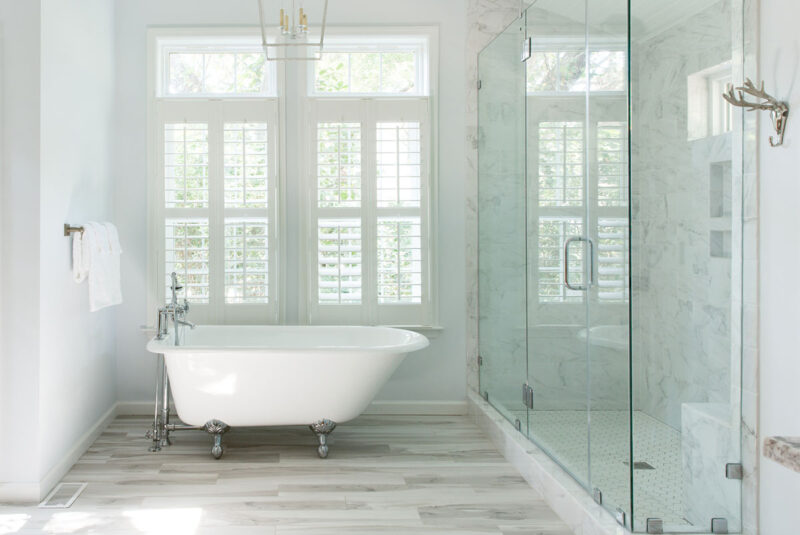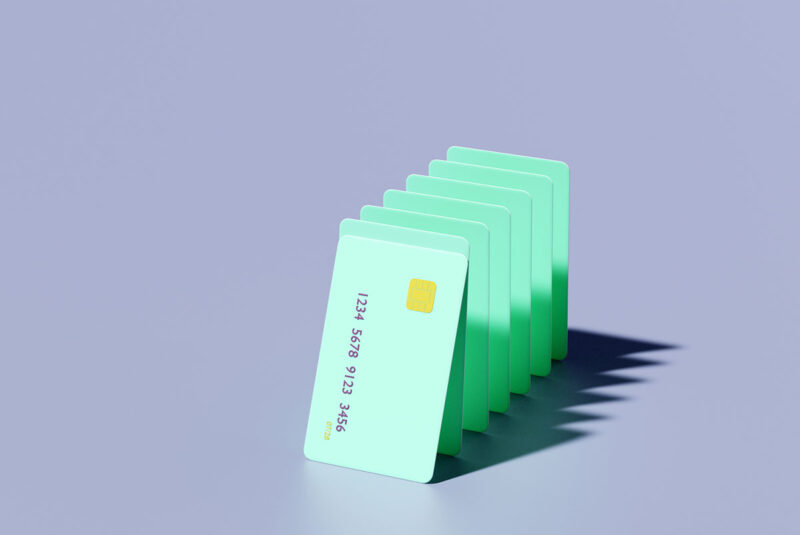Ready To Buy a Home?
Get Approved to Buy a Home
Rocket Mortgage® lets you get to house hunting sooner.
Many home buyers close on a new home purchase later in the month to save on the interest and reduce their upfront closing costs. While this strategy allows you to pay less in interest at your closing, it might come at the cost of some other perks.
We can help you choose the best closing date for your situation. We’ll explain why your closing date matters and the pros and cons of closing at the beginning or the end of a month.
Why Does the Closing Date Matter?
The closing date you choose for your home purchase matters because it determines some of the expenses you pay at closing. For most home buyers, closing at the end of the month is ideal because you’ll pay less interest upfront.
The best time to close on a house comes down to personal preference and your financial situation at the time of closing.
Is It Better To Close at the End or Beginning of the Month?
There is no right or wrong answer here. If you’re choosing between closing at the beginning or the end of the month, think of it this way: would you rather have more time between paying your closing costs and making your first monthly mortgage, or would you prefer to pay lower closing costs?
Closing at the end of the month
There’s a reason most buyers close at the end of the month. Some advantages of this strategy include:
- Lower closing costs: Closing later in the month will reduce your closing costs because your upfront interest and taxes will be calculated from the date of closing to the last day of the month, leaving a shorter amount of time for interest and taxes to accrue.
- Get your money’s worth in rent: If your lease ends at the end of the month, rather than move out with several weeks left on your term, you can enjoy living there until the very last day.
For example, let’s say you have an apartment lease that ends in April. You decide to close in April and set April 28 as your closing date. Because April has 30 days, you will only owe mortgage interest for the last 3 days (April 28, 29 and 30). And because your lease ends on April 30, you’ll avoid having to leave before your lease is up or having to extend your lease.
Closing at the beginning of the month
Some buyers believe closing earlier in the month allows you to skip a payment because your first mortgage payment isn’t due until the first day after the first full month following closing.
For example, if you close on May 3, your first mortgage payment would be due July 1. It might look like you skipped your May and June payment, but you prepaid your remaining May and your full June interest and tax charges as part of your closing costs. You’ll have more time to free up your cash flow and prepare for your first mortgage payment.
You can’t skip a payment by closing at the beginning of a month. But closing at the top of a month does have some unique benefits:
- Less competition for scheduling due to lower demand: Since most buyers choose to close later in the month, you won’t have to worry as much about competing with other buyers to schedule your closing.
- More time between paying your closing costs and making your first mortgage payment: After you close on a house, your first mortgage payment is due on the first day of the second month after you closed. So if you close on May 1, you have twice as many days to prepare before you make your first mortgage payment on July 1. If you close on May 31, you’ll have half as many days between your closing and your first payment.
What Is the Best Month To Close on a House?
You won’t always have the luxury of choosing which month to close on a house, but if you do, it may be worthwhile to consider potential tax savings.
The IRS lets you deduct some homeownership-related expenses from your taxes, like mortgage interest and real estate property tax.[1] You can claim these deductions during the same year you close on the house.
For most of the year, the month you close won’t matter because the tax year for claiming the applicable deductions on your closing costs will be the same. But if you’re thinking of closing between December and January, you may want to push your closing to January if you think your taxable income will be higher in the coming year.
What Is the Best Day To Close on a House?
The time of the month isn’t the only factor to consider when you’re choosing a closing date. You should also think about the day of the week.
The best days for a home buyer to close on a house are Tuesdays, Wednesdays and Thursdays.
Timing Is Everything
When you close on your new house is a personal matter. If you want to reduce the amount you owe in interest at closing, schedule your closing for later in the month. But if you like the idea of putting some space between your closing and your first monthly mortgage payment, closing earlier in the month could be the better option.
Take the first step toward buying a home.
Get approved. See what you qualify for. Start house hunting.
The Short Version
- The closing date you choose for your home purchase matters because it determines some of the expenses you pay at closing
- Most home buyers prefer lower closing costs, so they opt for closings at the end of the month
- The best days for a home buyer to close on a house are Tuesdays, Wednesdays and Thursdays
Internal Revenue Service. “Publication 530 (2021), Tax Information for Homeowners.” Retrieved August 2022 from https://www.irs.gov/publications/p530#en_US_2021_publink100011941




